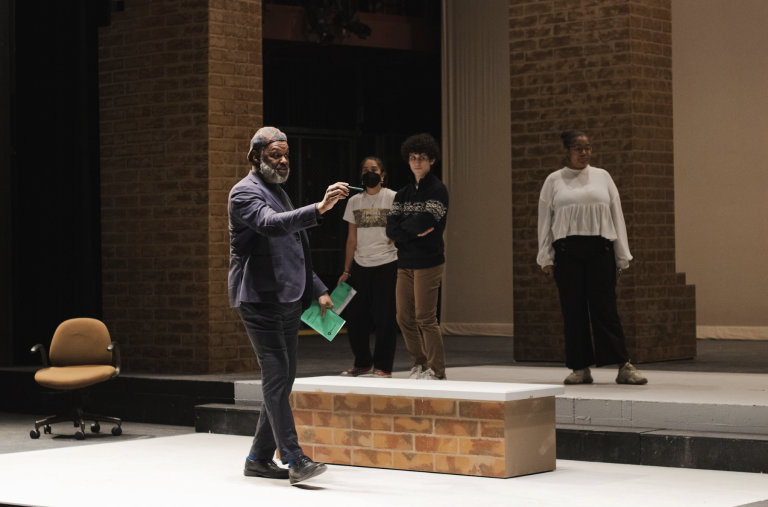MAGGIE ELIAS 16′
EDITOR-IN-CHIEF
This Friday, Sept. 25th at 7:30, there will be a a one-night performance of The Draft, a new play about personal experiences in dealing with the Vietnam War draft at the Performance Lab at Trinity College. Written by award-winning Boston playwright Peter Snoad, The Draft is based on a book, “Called to Serve: Stories of Men and Women Confronted by the Vietnam War Draft” by Trinity College alumnus Tom Weiner, ’71. The play explores the real-life stories of 10 young people who responded to the draft in different ways. One of the individuals depicted was Trinity College alumna, Diane Clancy, ’71.
Those depicted fought in the jungles and rice paddies of Vietnam; they resisted the draft and served jail time, chose self-exile in Canada, won conscientious objector status and organized for civil rights and against the war, beat the draft and counseled other draftees on their options, counseled traumatized vets, protested with thousands of others on college campuses; and treated the maimed and dying in a military field hospital. Tom Garnder, one of the individuals depicted in the play, wrote, “The play raises questions about individual responsibility and ethical choices. It raises questions about our government’s policies in Vietnam. And it raises awareness about ongoing issues that still haunt us from that war – ranging from PTSD in our vets, to the lasting effects of the dioxin herbicide Agent Orange on both our vets and the Vietnamese people today.”
Weiner, ’71, spent seven years writing his book. He interviewed 62 people about all of the different choices men,between the ages of 19-26 at the time, faced during the Vietnam War draft. When asked why he chose to write on such a topic, he explained, “I wanted to give the whole range to show what we faced, but I also was committed to giving the back story to show what influenced each of our decisions as well as the roles race, class, family military history and environment played in the decision-making process.” He continued, “My other huge purpose in writing the book was to promote incredibly long overdue healing of the war’s enormous wounds and by having all of the stories in one place.”
Weiner hopes that when watching the play, young adults “will be able to relate to the play on several levels – through the lens of the wars in Iraq and Afghanistan and knowledge they do or do not possess about the trauma caused by those wars on another generation of young people, through deepening their awareness of the turbulent times and life-affecting decisions their Trinity forbears faced when they were the same age as today’s students and through an appreciation of the tragedy that is war for all involved.” Snoad seconds this, writing, “I think that period of history has an amazing amount to teach all of us. For one thing, it was a time when millions — literally millions — of young people organized and protested against something they felt passionately was criminally wrong: the war. They had a huge influence on a profoundly moral issue. Trinity students and other young people today are faced with other moral questions that demand they take a stand, such as racial injustice and climate change. I believe they can draw both lessons and inspiration from the anti-war movement and the other social movements of the Vietnam era. They can act on their conscience and they can truly make a difference.” Clancy reflected on the play and her experiences, “Being in this book and play – and even more so that they both are about healing and forgiveness – is a continuation and vindication of my life at Trinity. It being during the war and with intense organized and becoming empowered, for many of us this was our education at Trinity at this time.”
The play will take place at the Performance Lab, Trinity’s black box theater, located in Trinity Commons at 240 New Britain Avenue near Summit Street. For more information, call 860-297-2199. Admission is free and open to the public.
Wednesday, January 15 2025
The Student Newspaper at Trinity College in Hartford, Connecticut




+ There are no comments
Add yours